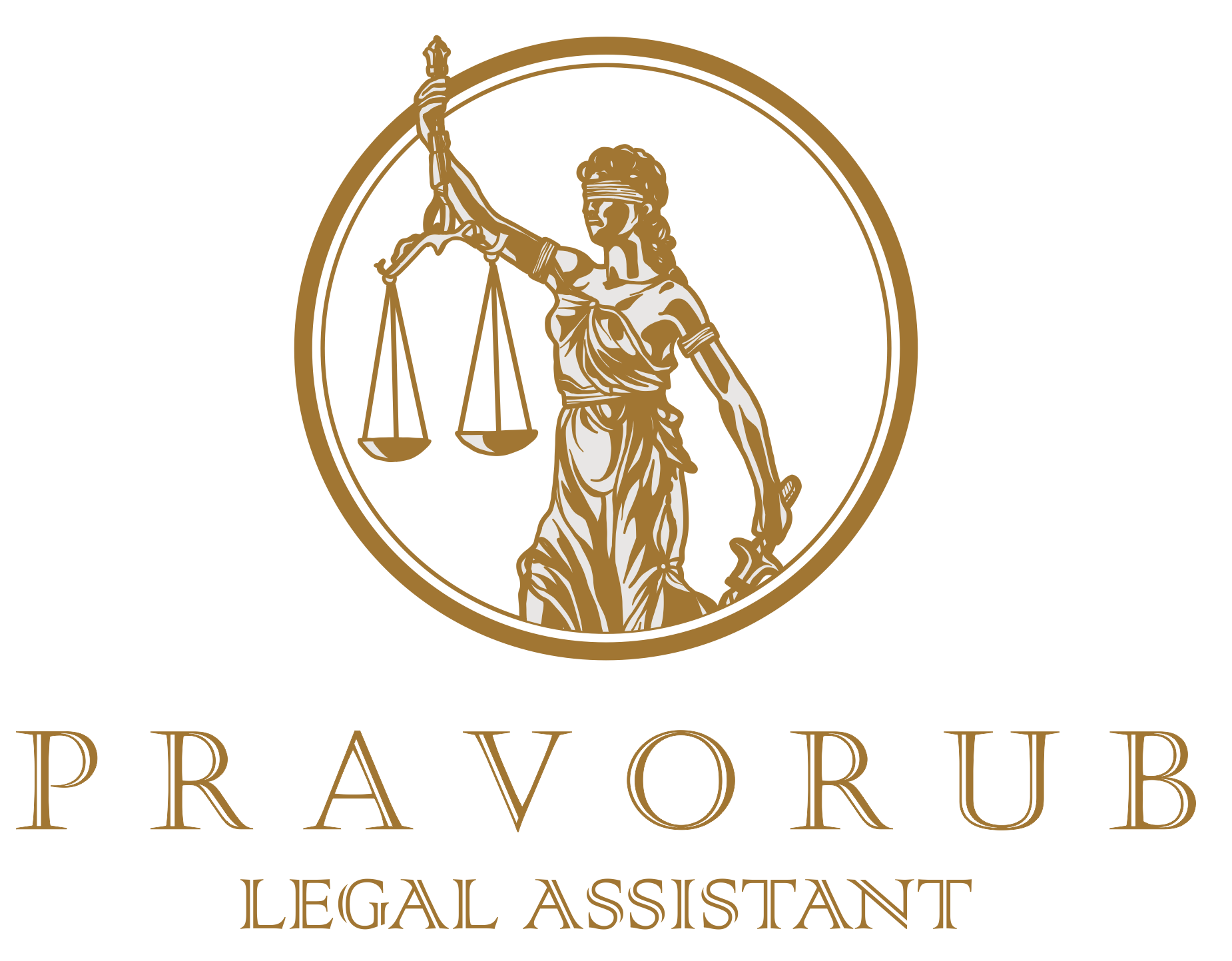Whether you are a car accident victim or a lawyer, you should understand your legal duties and responsibilities in the event of an accident. Knowing what these responsibilities are will help you in your case, as well as in your everyday life.
Understanding the law
Having an understanding of the law can be important when you’re dealing with an auto accident. Of course, your first port of call for compensation should be your auto insurance policy, but you may also want to speak with a car accident attorney. Aside from providing the best legal advice, your attorney can help you collect evidence to prove your claim.
There are many types of accidents, some of which are more complex than others. For example, a multiple-car pile-up on a highway at high speeds can be tricky. Fortunately, a knowledgeable Chico car accident lawyer can assist you in identifying which sort of collision was brought on by which motorist.
The best evidence of this can typically be found immediately after the accident. Your attorney might even take pictures of the scene to document the incident.
Aside from the standard police report, your attorney may also request an official accident report. Amongst other things, your attorney may also ask for a medical evaluation.
Taking photos of the accident scene
Taking photos of the accident scene is one of the most important things to do after an accident. Not only can pictures help paint a picture of the accident location, but they can also help refresh your memory when testifying in court.
Accident scenes can change quickly. Therefore, you’ll want to capture photographs from multiple angles. It will help paint a picture of the accident location and the conditions at the time. You’ll also want to take close-up photos of injuries and vehicle damage. These photos can help prove causation and negligence.

You’ll also want to take pictures of the weather, road conditions, and traffic signs. It will help paint a picture of the scene and provide a better understanding of what caused the accident. You may also want to include skid marks on the road. Those skid marks can be evidence of the car’s direction when braking.
Snapping photos of any concerned automobiles’ license plates would be excellent. License plates can help prove liability and ownership of the car.
Negotiating with insurance companies
It might be challenging to maximize your insurance claim, but you must take your time. It’s essential to act quickly to get the maximum compensation. Obtaining a lawyer on your side can help you get a fair deal and keep you from having to file a lawsuit.
It’s also important to understand that the insurance company is trying to save money, so they’ll try to offer you the least amount. Typically, they’ll make an offer lower than the original demand letter, but you’ll have to accept it or face a lawsuit.
You must fully understand the ins and outs of the insurance claim procedure to maximize the value of your insurance claim. In addition, most companies include a confidentiality clause in their settlement agreements, so you’ll need to keep that in mind.
The most important part of negotiating with an insurance company is to have an attorney on your side. They know the ins and outs of filing insurance claims and can help you decide which offers to accept or refuse. They can also help you develop a strategy to win your lawsuit.
Dealing with punitive damages
Whether you are a car accident lawyer or a client, you should know more about dealing with punitive damages. Punitive damages are granted to punish the defendant and discourage them from engaging in more bad behavior in the future. However, not all cases qualify for punitive damages.
Punitive damages are only awarded to people who have committed willful and wanton conduct. It is usually done when a person consciously disregards others or has reckless indifference to their rights.
Punitive damages are typically awarded to a defendant in a civil lawsuit. They are frequently granted in addition to other injuries and serve as the defendant’s punishment for committing the offense.
Punitive damages are awarded to defendants in a civil suit when they act criminally negligently. For example, if a person drives into another car while drunk, they may be charged with a crime. Similarly, a person who intentionally damages property is a criminal.


